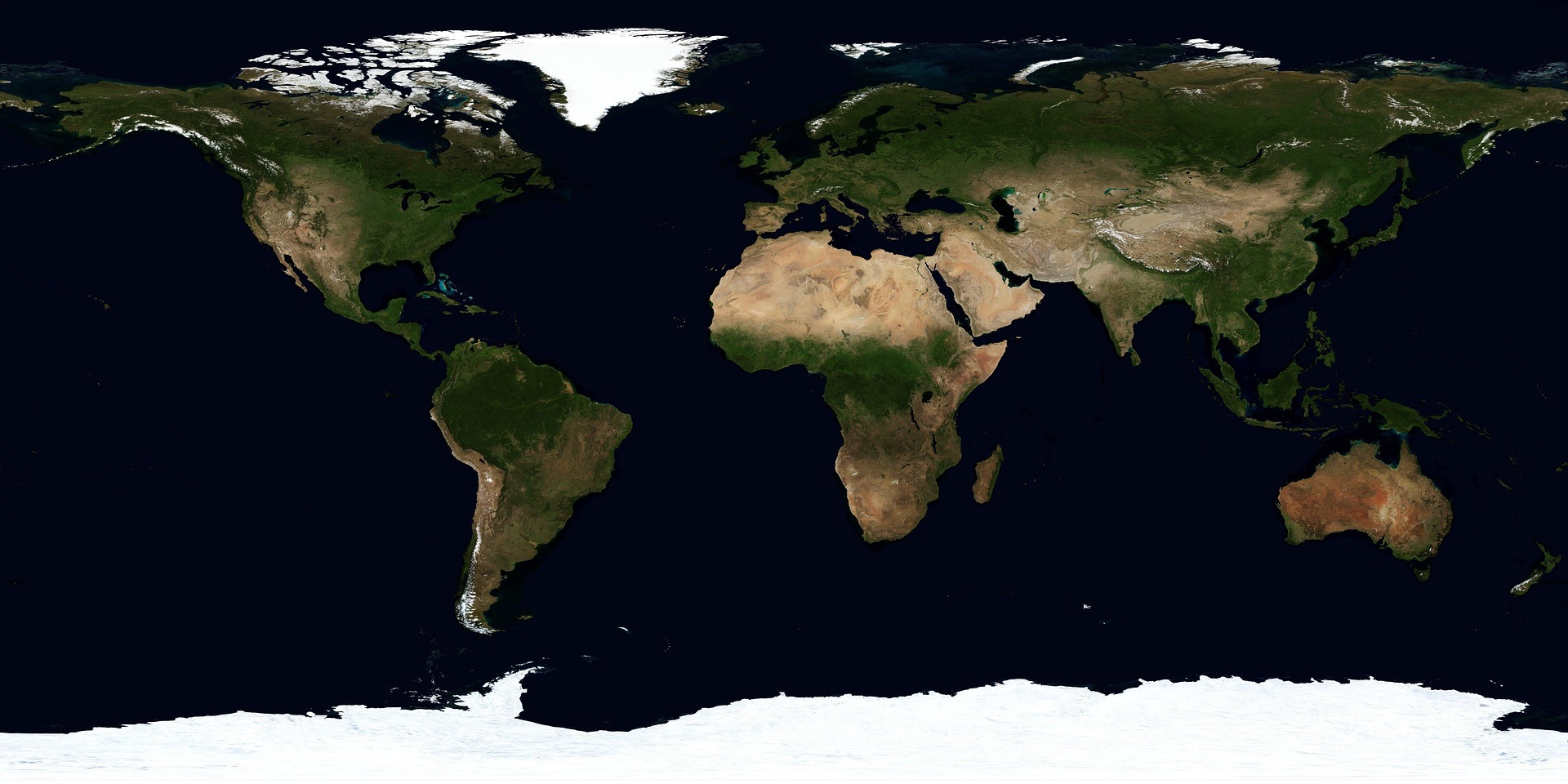
Quote from Kai Andrew on June 24, 2025, 9:11 pmAtlantis Civilization (Hypothetical)
Period: ~12,000 to 9,600 years ago (End of Ice Age – Early Holocene)
Main Recorder: Plato (Greek philosopher, c. 428/427 or 424/423 – 348/347 BC)
Atlantis is described in detail in Plato’s dialogues Timaeus and Critias. Plato claimed the story originated from his ancestor Solon, who heard it from Egyptian priests.
Estimated Location:
Plato placed Atlantis “beyond the Pillars of Heracles” (modern-day Strait of Gibraltar), suggesting a location in the Atlantic Ocean. Other theories propose the Mediterranean, Caribbean, and even Antarctica.
Key Characteristics & Significance (based on Plato’s account):
Advanced Architecture & Urban Design:
Ring-shaped city: The capital was made of concentric rings of land and water, indicating sophisticated urban planning.
Use of precious materials: Structures were decorated with gold, silver, and the mythical orichalcum.
Harbor and canal systems: Capable of supporting a large maritime empire.
Hydraulic engineering: Complex water management through aqueducts and canals.
Advanced Society & Politics:
Powerful kingdom: A confederation ruled by kings that extended influence to Africa and Europe.
Divine origin: The kings were said to be descendants of Poseidon, granting them divine authority.
Moral decline: Initially wise and virtuous, the Atlanteans became corrupt and greedy, leading to conflict with Athens and their downfall.
Evidence of Maritime Capabilities:
Plato described Atlantis as a naval superpower, implying advanced shipbuilding and navigation far beyond earlier human seafaring (~65,000 years ago, e.g., migration to Australia).
Collapse (according to Plato):
Sudden destruction: In a single day and night, Atlantis sank into the sea due to cataclysmic earthquakes and floods.
Divine punishment: Their fall was a result of divine wrath for their hubris and moral decay.
Philosophical lesson: Atlantis served as a warning and counterpoint to Plato’s idealized Athens.
Population vs. Global Context:
Atlantis was said to have a population of millions—far greater than the estimated global population (~4 million) during the Neolithic Revolution—implying vast agricultural and resource management capabilities, if real.
Atlantis: Myth or History?
Mainstream view: Most scholars believe Atlantis was a fictional allegory created by Plato to illustrate philosophical ideas, contrasting ideal Athens with a decadent empire.
Lack of evidence: No independent archaeological proof exists; mentions of Atlantis are limited to Plato.
Popular Theories:
Philosophical allegory: A fictional political and moral lesson.
Santorini eruption: The Minoan civilization’s destruction due to a volcanic eruption (~1600 BC).
Doggerland hypothesis: A sunken landmass in the North Sea may have hosted a lost civilization.
Eye of the Sahara (Richat Structure): A concentric geological formation in Mauritania speculated to match Atlantis’s capital.
Cuban underwater ruins: Alleged submerged structures discovered in 2001 sparked debate.
Myth amalgam: A synthesis of various real disasters and lost cultures woven into a single legend.
Conclusion:
Atlantis, though unverified, continues to captivate imaginations through its mix of utopia, disaster, and ancient grandeur. It stands as a symbolic legacy of humanity’s desire to understand its mysterious past.
Suggested Tags:
#Atlantis #AncientCivilization #Plato #LostCity #Mythology #UnderwaterCity #HistoricalMystery #AtlantisTheory #GreekPhilosophy #AncientMyths #Archaeology #Fantasy #Exploration #Orichalcum #RichatStructure #Doggerland #Santorini #Poseidon #CivilizationalCollapse #CulturalLegacy
Atlantis Civilization (Hypothetical)
Period: ~12,000 to 9,600 years ago (End of Ice Age – Early Holocene)
Main Recorder: Plato (Greek philosopher, c. 428/427 or 424/423 – 348/347 BC)
Atlantis is described in detail in Plato’s dialogues Timaeus and Critias. Plato claimed the story originated from his ancestor Solon, who heard it from Egyptian priests.
Estimated Location:
Plato placed Atlantis “beyond the Pillars of Heracles” (modern-day Strait of Gibraltar), suggesting a location in the Atlantic Ocean. Other theories propose the Mediterranean, Caribbean, and even Antarctica.
Key Characteristics & Significance (based on Plato’s account):
Advanced Architecture & Urban Design:
Ring-shaped city: The capital was made of concentric rings of land and water, indicating sophisticated urban planning.
Use of precious materials: Structures were decorated with gold, silver, and the mythical orichalcum.
Harbor and canal systems: Capable of supporting a large maritime empire.
Hydraulic engineering: Complex water management through aqueducts and canals.
Advanced Society & Politics:
Powerful kingdom: A confederation ruled by kings that extended influence to Africa and Europe.
Divine origin: The kings were said to be descendants of Poseidon, granting them divine authority.
Moral decline: Initially wise and virtuous, the Atlanteans became corrupt and greedy, leading to conflict with Athens and their downfall.
Evidence of Maritime Capabilities:
Plato described Atlantis as a naval superpower, implying advanced shipbuilding and navigation far beyond earlier human seafaring (~65,000 years ago, e.g., migration to Australia).
Collapse (according to Plato):
Sudden destruction: In a single day and night, Atlantis sank into the sea due to cataclysmic earthquakes and floods.
Divine punishment: Their fall was a result of divine wrath for their hubris and moral decay.
Philosophical lesson: Atlantis served as a warning and counterpoint to Plato’s idealized Athens.
Population vs. Global Context:
Atlantis was said to have a population of millions—far greater than the estimated global population (~4 million) during the Neolithic Revolution—implying vast agricultural and resource management capabilities, if real.
Atlantis: Myth or History?
Mainstream view: Most scholars believe Atlantis was a fictional allegory created by Plato to illustrate philosophical ideas, contrasting ideal Athens with a decadent empire.
Lack of evidence: No independent archaeological proof exists; mentions of Atlantis are limited to Plato.
Popular Theories:
Philosophical allegory: A fictional political and moral lesson.
Santorini eruption: The Minoan civilization’s destruction due to a volcanic eruption (~1600 BC).
Doggerland hypothesis: A sunken landmass in the North Sea may have hosted a lost civilization.
Eye of the Sahara (Richat Structure): A concentric geological formation in Mauritania speculated to match Atlantis’s capital.
Cuban underwater ruins: Alleged submerged structures discovered in 2001 sparked debate.
Myth amalgam: A synthesis of various real disasters and lost cultures woven into a single legend.
Conclusion:
Atlantis, though unverified, continues to captivate imaginations through its mix of utopia, disaster, and ancient grandeur. It stands as a symbolic legacy of humanity’s desire to understand its mysterious past.
Suggested Tags:
#Atlantis #AncientCivilization #Plato #LostCity #Mythology #UnderwaterCity #HistoricalMystery #AtlantisTheory #GreekPhilosophy #AncientMyths #Archaeology #Fantasy #Exploration #Orichalcum #RichatStructure #Doggerland #Santorini #Poseidon #CivilizationalCollapse #CulturalLegacy